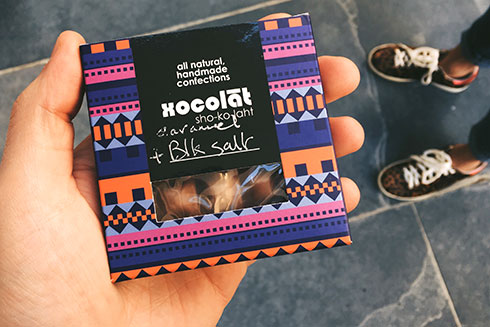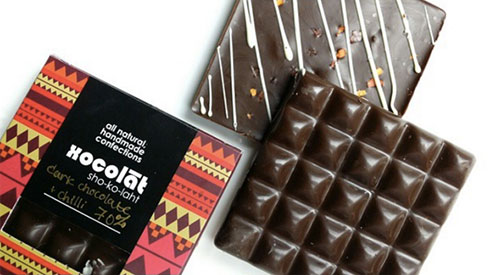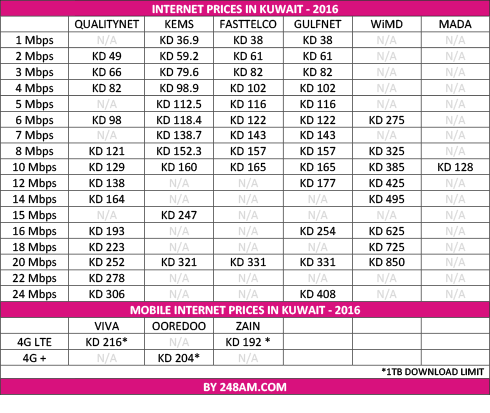
I don’t know about you guys, but pre- and probiotics have always been confusing for me. It hasn’t been until recently that scientists and nutritionist have felt that strongly about the benefits of pre- and probiotics, as well as the importance of including them in our diet. Personally, I don’t like taking supplements and always prefer taking in my nutrients from a natural form. Let’s take a look at them in a bit more detail.
– Probiotics are the beneficial bacteria (good bacteria) that enhances our gut flora. These types of bacteria helps protect our digestive tracts from fungi.
– Prebiotics are usually found in the fiber that our gut is unable to digest THAT the probiotic bacteria uses as food.
You might be thinking why it is important to include the probiotics to enhance your gut flora?
– The reason is that sometimes we make food choices that can impact our gut health, which could make us feel bloated or easily prone to getting sick. We already have both good and bad bacteria in our gut, the key point is to enhance or help the good bacteria overgrow the bad bacteria and therefore helping us feel better and digest food better.
– High-sugar and high-fat foods enhance the growth of the bad bacteria in our gut, which could slow down the digestive process making you feel unhealthy and could stop you from losing weight.
Taking a look at our food:
Prebiotic Foods (foods that feed good bacteria):
Foul (broad beans)
– Chickpeas
– Bananas
– Berries
– Garlic
– Onion
– Oats
Probiotic Foods (foods containing the good bacteria):
– Kefir
– Fermented Cheese/yogurt (soft cheeses)
– Miso
– Non-pasteurized pickles
– Kombucha
– Kimchi
As you can see, getting probiotics from your diet is a bit difficult, while getting prebiotics is much easier. This is were probiotic supplementation could come into play. When looking at supplements, make sure they label the number of live bacteria available per dose (20 billion should be your target), as well as the type of bacteria being used, and the expiry date (live bacteria can’t live on forever). I hope this helps!
Post by Hyatt Al Sayegh, a Clinical Dietitian and Dr. Sears Health Coach.
Founder of Fork Fed.
Image Source




















